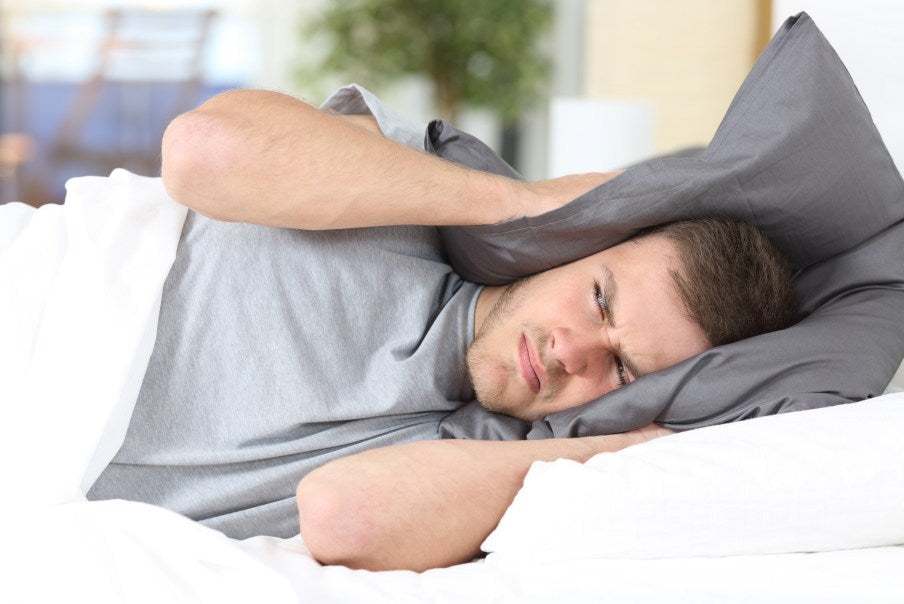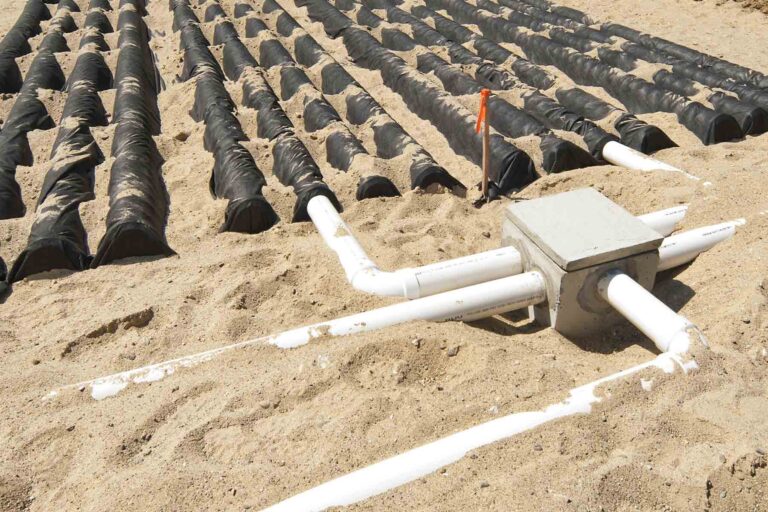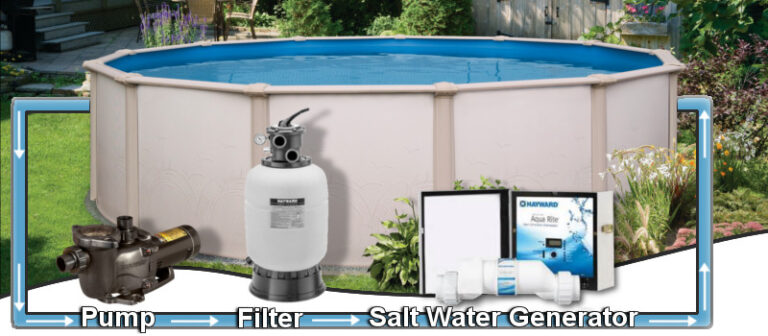Why are Air Purifiers So Noisy? Unveiling the Truth
Imagine coming home after a long day, eager to relax in your peaceful sanctuary, only to be greeted by the loud hum of your air purifier. It’s a familiar scenario for many, and you’re probably wondering why these devices, designed to clean your air, seem to disrupt your tranquility instead.
The noise can be frustrating, especially when you’re looking for a serene environment. But there’s more to these sounds than meets the ear. By understanding why air purifiers are noisy, you can make better choices for your home and find solutions that suit your lifestyle.
Let’s dive into the reasons behind the noise and explore ways you can enjoy cleaner air without sacrificing your peace.
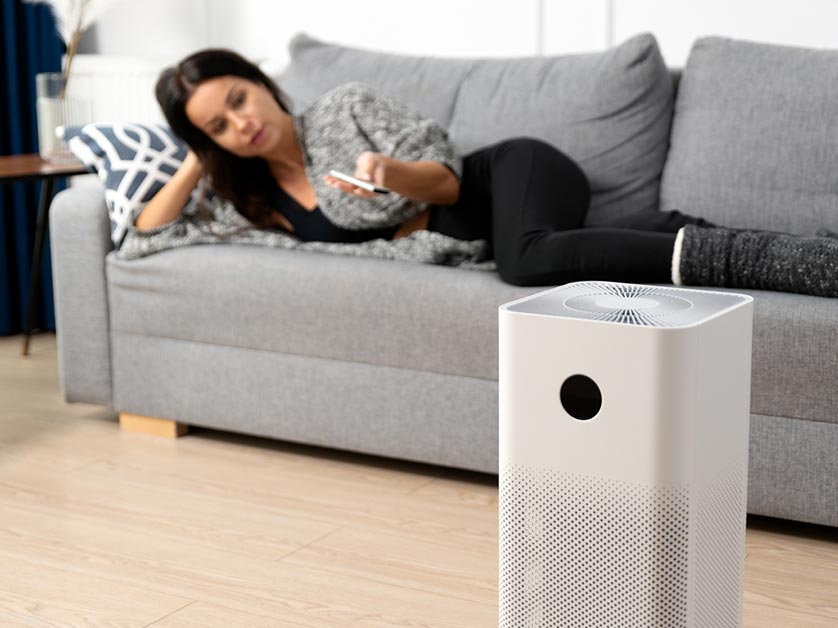
Credit: www.wantheat.com
Mechanics Of Air Purifiers
Air purifiers are essential devices in maintaining clean and fresh indoor air. However, their operation can sometimes lead to noise disturbances. Understanding the mechanics behind these machines can help you appreciate why they might be noisy. It’s not just about filtering air; there’s a complex system at work.
Components That Generate Noise
Several parts within an air purifier can be the source of noise. The filters, especially when clogged, can cause vibrations or rattling sounds. You might have noticed that after cleaning or replacing filters, the noise level drops. Other components include the housing and internal structures that can vibrate against each other.
Even the placement of your air purifier can affect noise levels. Position it on a stable surface to minimize vibrations. Think about how loud your washing machine gets when it’s not balanced properly. Air purifiers are similar in that regard.
Role Of Fans And Motors
The fans and motors are the heart of an air purifier, driving air through the filters. They are often the main contributors to noise. High-speed fans can be particularly loud, especially in powerful models designed for larger spaces. Consider if the power and coverage of your purifier match your room size.
Some purifiers have adjustable settings to control fan speed. Lower speeds can reduce noise but might affect the rate of air purification. Finding the right balance is key to maintaining both air quality and a peaceful environment.
Think about your experience with other appliances. Would you choose a quieter setting for your ceiling fan if it meant less air circulation? The same principle applies here.
Have you ever wondered if the noise is worth the clean air? Balancing the necessity of clean air with the comfort of quiet can sometimes feel like a trade-off. But understanding these mechanics can help you make informed decisions about your air purifier settings.
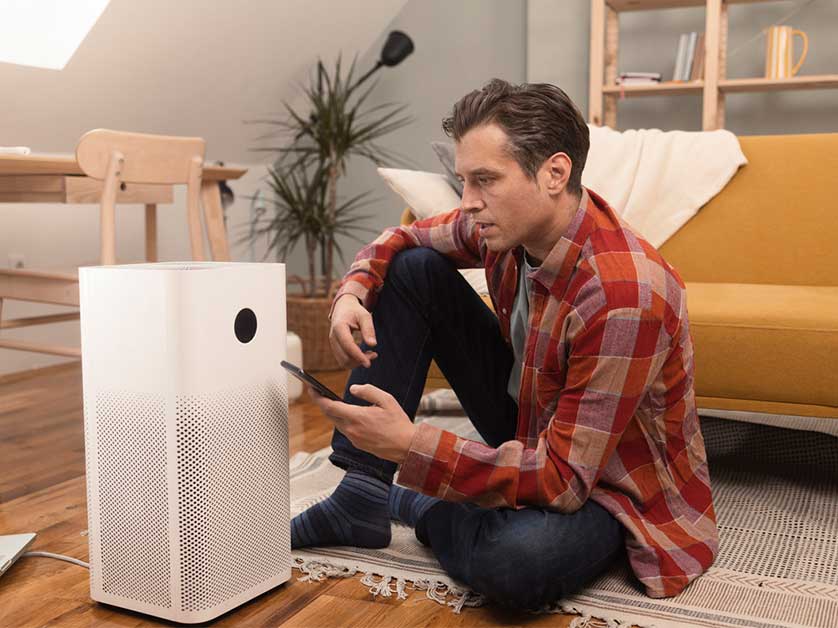
Credit: www.superior-air.com
Factors Influencing Noise Levels
Air purifiers are essential for maintaining clean air indoors. But many users find them noisy. Several factors contribute to this noise. Understanding these factors helps in choosing a quieter model.
Speed And Airflow
Air purifiers often have multiple speed settings. Higher speeds increase airflow. More airflow means more noise. Fans work harder at higher speeds. This results in louder operation. Lower settings are usually quieter. But they may clean air slower. Balancing speed and noise is key. Choose a model with adjustable speeds. This provides flexibility in noise control.
Filter Type And Design
Filter types affect noise levels. HEPA filters are dense. They require strong fans to push air through. This can increase noise. Other filter types may allow easier airflow. Design also plays a role. Some designs enhance airflow quietly. Others may amplify sound. Look for air purifiers with noise-reducing designs. This can help maintain a peaceful environment.
Noise Levels In Different Purifier Models
Understanding the noise levels in different air purifier models can significantly impact your decision when choosing the right one for your home or office. As someone who has experienced the constant hum of a loud air purifier, I can tell you it can be a distraction. Whether you’re looking for a quiet model for your bedroom or a more robust one for larger spaces, knowing how brands and sizes affect noise can help you make a more informed choice.
Comparison Of Brands
Different brands offer varying noise levels in their air purifiers. Some brands prioritize quiet operation and have models that run at a whisper-quiet level, around 20-30 decibels. Others focus on power and efficiency, which can result in noise levels ranging from 50-70 decibels.
Consider the brand’s reputation for noise control. Read customer reviews for insights on real-world performance. Are you willing to trade off some noise for better air quality, or is silence golden?
Impact Of Size And Power
The size and power of an air purifier directly impact its noise level. Smaller, less powerful models tend to be quieter, making them ideal for personal spaces like bedrooms or home offices. However, they may lack the ability to filter air in larger areas effectively.
Larger, more powerful purifiers can handle bigger spaces but often at the cost of increased noise. Look for models with adjustable fan speeds, allowing you to reduce noise when full power isn’t necessary.
Ask yourself: Do you need a powerful purifier for a large living room, or a quieter option for a smaller, more intimate space? Balancing size, power, and noise can lead you to a more satisfying choice.

Credit: www.simpurelife.com
Benefits Of Noise In Air Purifiers
Air purifiers are often noisy, but this isn’t just a random inconvenience. The noise can actually be beneficial. While silence might be golden, the hum of your air purifier can offer more than just clean air. Let’s explore how this sound can enhance your living space.
Enhanced Air Circulation
Have you ever noticed how the noise from an air purifier seems to fill the room? That’s because it’s actively circulating air, pushing clean air into every corner. This constant flow ensures pollutants are whisked away efficiently.
Imagine a stagnant room versus one with a gentle breeze. Which feels fresher? The air purifier’s noise is a sign that air is moving, creating a dynamic environment that’s healthier for you.
Think about your last hike in the mountains. The breeze brought a sense of freshness, didn’t it? The same principle applies here, only indoors.
White Noise Effects
The sound from air purifiers can act as white noise, which many find soothing. It can drown out distracting sounds like traffic or noisy neighbors, creating a more peaceful atmosphere.
Have you ever struggled to focus or sleep because of random noises? The steady hum of an air purifier can help mask those sounds, aiding concentration and relaxation.
Do you remember sleeping better in a hotel with an air conditioner running? It’s that consistent noise that helps your mind tune out distractions, allowing for a deeper rest.
So next time you hear your air purifier humming away, think about the benefits it’s bringing. It’s not just cleaning the air; it’s enhancing your living environment in ways you might not have considered. What are your thoughts on this unexpected benefit? Could this noise be a welcome addition to your home?
Ways To Reduce Noise
Air purifiers often produce noise due to powerful fans working to filter air. Noise levels vary by design and speed settings. Choosing models with adjustable speeds can help reduce noise while maintaining air quality.
Air purifiers can be noisy. This noise often disrupts the peaceful ambiance of a room. There are practical ways to reduce this noise, enhancing comfort. Simple adjustments can make a significant difference. Let’s explore effective strategies to minimize air purifier noise.Adjusting Fan Speeds
Lowering the fan speed can reduce noise significantly. Most air purifiers come with adjustable speed settings. Choosing a lower speed decreases noise levels. It can also extend the lifespan of the device. Experiment with different settings to find a balance between quiet operation and air purification effectiveness.Placement And Maintenance Tips
Proper placement is crucial for noise reduction. Keep the air purifier away from walls or corners. This prevents echoes or vibrations that amplify noise. Regular maintenance also plays a vital role. Clean or replace the filters often. Dirty filters can cause the machine to work harder, increasing noise. Ensure all parts are tightly secured to avoid rattling sounds.Technological Advances
Technological advances have transformed air purifiers from noisy machines to quieter devices. Many people wonder why these devices can be so loud. The answer lies in the internal fans and motors. These components work hard to clean the air. But technology is improving. New designs focus on reducing noise while keeping air quality high.
Silent Models In The Market
Several brands now offer quiet air purifiers. These models use advanced technology to operate silently. They are perfect for bedrooms or offices. Consumers can enjoy clean air without the noise. Silent models often use sound-dampening materials. These materials absorb the noise, making the device much quieter.
Innovations In Noise Reduction
Noise reduction innovations are crucial in air purifier design. Engineers have developed quieter fans and motors. Variable speed fans are one such innovation. These fans adjust speed based on air quality needs. This reduces noise during low-demand periods. Another innovation is improved motor design. Modern motors run more efficiently with less noise. Some models use advanced airflow designs. These designs minimize turbulence, reducing noise further.
Frequently Asked Questions
Why Do Air Purifiers Make Noise?
Air purifiers often produce noise due to their internal fans. These fans are essential for circulating air through filters. The noise level can vary depending on the fan speed. High-quality models usually have quieter operations. Regular maintenance can also help in reducing noise.
Are All Air Purifiers Equally Noisy?
Not all air purifiers have the same noise levels. Noise depends on the model, design, and fan speed. Some air purifiers are designed to operate more quietly. Always check the decibel ratings before purchasing. Quiet models might be more suitable for bedrooms or offices.
Can Air Purifier Noise Be Reduced?
Yes, air purifier noise can be minimized. Using lower fan settings often reduces noise. Placing the purifier on a stable surface can help too. Regular maintenance, like cleaning filters, ensures quieter operation. Consider models with a “sleep mode” for quieter use during the night.
Do Larger Air Purifiers Make More Noise?
Larger air purifiers might produce more noise due to bigger fans. These fans are necessary to cover larger spaces efficiently. However, many large models are designed to operate quietly. Always check the specifications for noise levels before buying.
Conclusion
Air purifiers make noise due to fans and filters. This noise varies by model and settings. Quieter models exist but may cost more. Always check noise levels before buying. Some noise is normal and signals the purifier is working. Regular maintenance can reduce noise.
Don’t let noise deter you from cleaner air. Balance noise with air quality needs. Consider your space and preferences. Choose the right model for your home. Cleaner air is worth a little sound. Healthy air enhances well-being and comfort. Prioritize your health and breathe easier.
